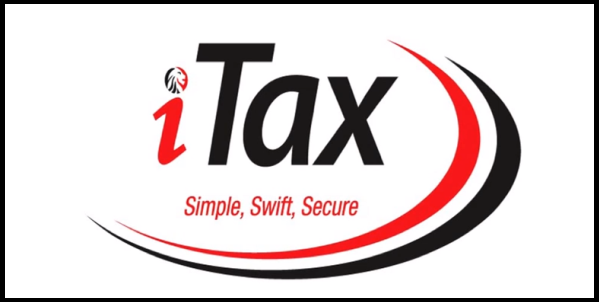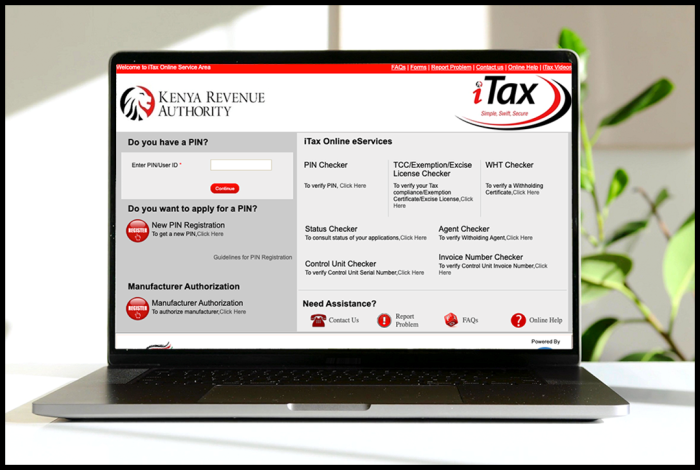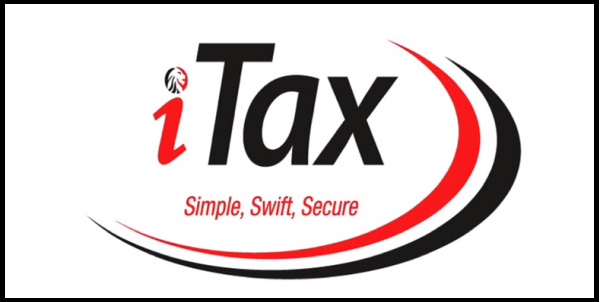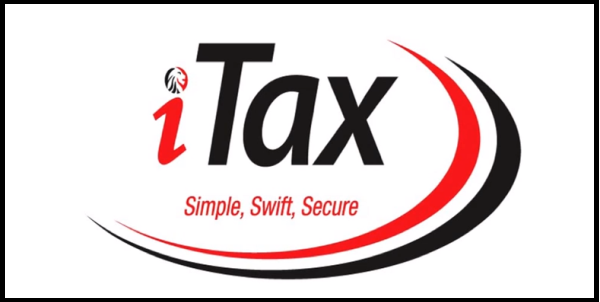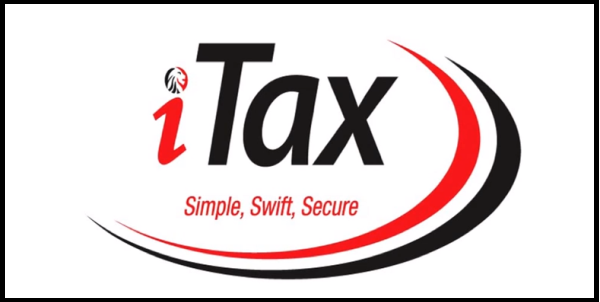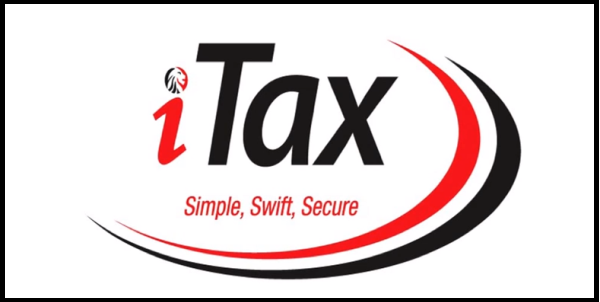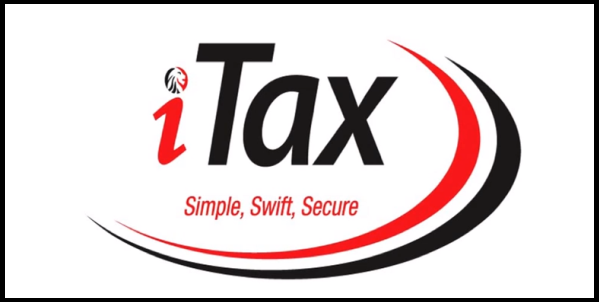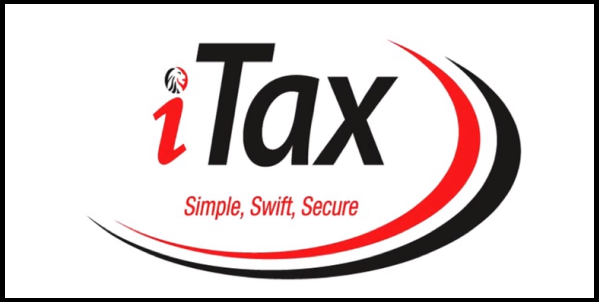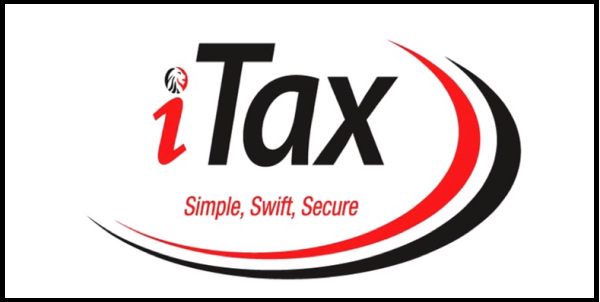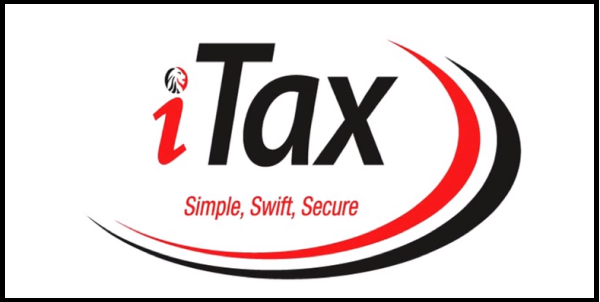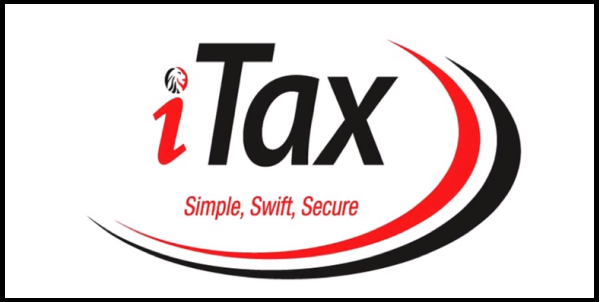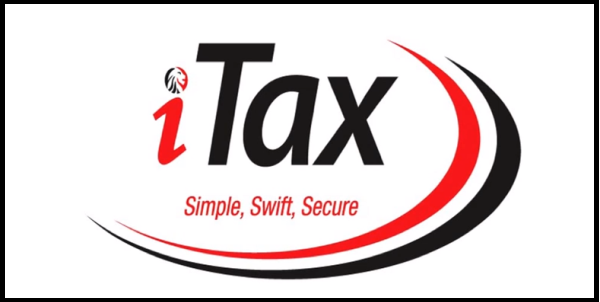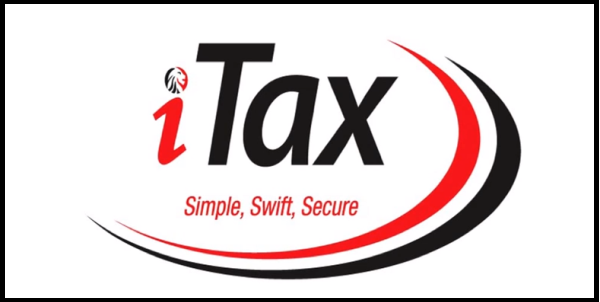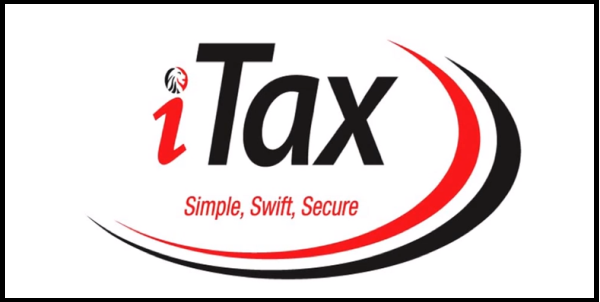In this second part of our KRA Tax Obligations posts, we are to look into the KRA Tax Obligations For Non Individuals In Kenya.
I will not focus much on explaining what Tax Obligation is because I already did that in Part 1 of this blog post series under “KRA Tax Obligations For Individuals in Kenya.” Tax Obligation in relation to Non Individuals in Kenya simply means “the liability of tax that an entity has.”
In this last part of our two part blog series on Tax Obligations in Kenya, I am going to highlight the three key areas that includes:
- What is a Non Individual
- The Non Individual Tax Obligations in Kenya
- The Due Dates of Returns Filings of Non Individuals in Kenya
Now, let us begin and find out the KRA Tax Obligations For Non Individuals In Kenya. The core purpose of this blog post is to let you understand the 4 tax obligations for Non Individuals in Kenya i.e Income Tax Company, Income Tax Partnership, Income Tax PAYE (for Employer only) and Value Added Tax.
What is a Non Individual?

The above forms part of what is referred to as Non Individuals and here in Kenya each one has a KRA PIN with the right set of Tax Obligation accompanying it i.e. Income Tax Company, Income Tax Partnership, Income Tax PAYE (for Employer only) and Value Added Tax (VAT).
Non Individual Tax Obligations in Kenya
Now, let us look at each of the four Non Individual Tax Obligations in Kenya in full context i.e what each means and what it entails.
Tax Obligation 1: Income Tax Company

Its amount is based on the net income companies obtain while exercising their business activity, normally during one business year. Revenues from the Corporate Tax Rate are an important source of income for the Government of Kenya.
Tax Obligation 2: Income Tax Partnership

This is the Tax Obligation for Partnership companies in Kenya. A partnership is a business structure where ownership and management responsibility of a company is split between two or more individuals. A partnership is not a legal entity that is separate from the owners and therefore the partnership itself does not pay taxes.
We have the General Partnership (GP), Limited Partnership (LP) and the Limited Liability Partnership (LLP). In both the 3 Partnerships, the business profit is divided to the partners, then taxes are paid by partners. Partnership doesn’t pay Income Tax Partnership. The profits a partnership business earns flow directly to the personal income tax returns of the owners.
For example, if a partnership with two owners makes Kshs. 500,000 in profit and the owners split profits equally, each would have to declare Kshs. 250,000 in income on their personal KRA Tax Returns. The Partners are responsible for paying Self Employment taxes on business income.
Tax Obligation 3: Income Tax PAYE (for Employer only)

Companies and Partnerships with employees are required to deduct tax according to the prevailing tax rates from their employees’ salaries or wages on each payday for a month and remit the same to KRA on or before the 9th of the following month.
Tax Obligation 4: Value Added Tax (VAT)

While companies an partnerships can voluntarily register for VAT they must register if their annual revenue exceeds Kshs. 5,000,000. The VAT is submitted on a monthly basis.
To facilitate compliance of the same, Kenya Revenue Authority (KRA) appoints agents to withhold and pay VAT on supplies made. These agents can be verified via the agent checker on iTax.
The Due Dates of Returns Filings of Non Individuals
Below are the due dates for the above Tax Obligations in Kenya.
Value Added Tax (VAT) – Submitted Monthly
Due date is on or before 20th day of each new month
Pay As You Earn (PAYE) – Submitted Monthly
Due date is on or before the 9th day of each new month.
Income Tax Company (Corporate Tax)
This depends solely on the end month of the Companies’ Accounting Period (most companies in Kenya end month is 31st December of each year). Therefore, the payment due date is 4 months after accounting end month and filing is 6 months after your accounting end month. If December is the end month (end of financial year) of the Company, then the final tax deadline is April 30th and filing is June 30th.
Income Tax Partnership
In Partnership Companies, the above same case applies. It all depends on the end of the Financial Accounting Period of the Partnership Company. Refer to the above explanation. To sum everything up, the above are the four categories of Tax Obligations for Non Individuals in Kenya.

Matthews Ohotto is an Article Writer at CYBER.CO.KE and a Video Creator at Video Tutorials Kenya (YouTube). He specializes in crafting insightful Blog Posts and Video Tutorials that empower Kenyans with practical digital skills. He is a holder of Bachelor’s Degree in Business Information Technology (BBIT) from Jomo Kenyatta University of Agriculture and Technology (JKUAT).
KRA INDIVIDUAL SERVICES
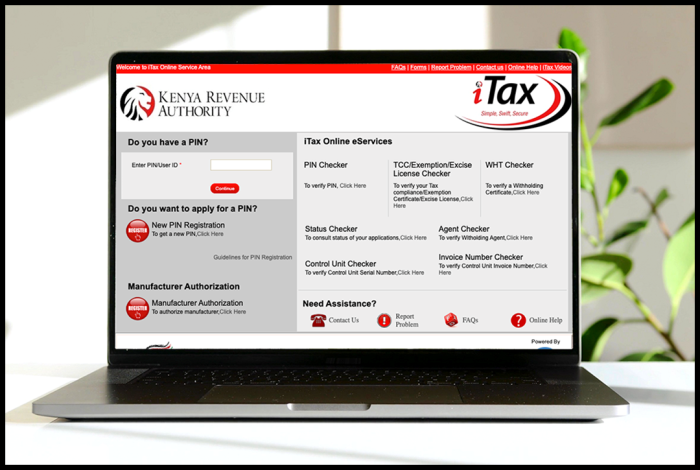
SUBMIT SERVICE REQUEST
KRA PIN REGISTRATION
Are you looking for KRA PIN Registration services in Kenya?
Submit your service request and let us handle everything for you.
Get your KRA PIN Certificate via Email Address and WhatsApp in a few minutes.
KRA PIN RETRIEVAL
Are you looking for KRA PIN Retrieval services in Kenya?
Submit your service request and let us handle everything for you.
Get your KRA PIN Certificate via Email Address and WhatsApp in a few minutes.
KRA PIN UPDATE
Are you looking for KRA PIN Update services in Kenya?
Submit your service request and let us handle everything for you.
Get your KRA PIN Certificate via Email Address and WhatsApp in a few minutes.
KRA PIN CHANGE OF EMAIL ADDRESS
Are you looking for KRA PIN Update services in Kenya?
Submit your service request and let us handle everything for you.
Get your KRA PIN Certificate via Email Address and WhatsApp in a few minutes.
KRA RETURNS SERVICES
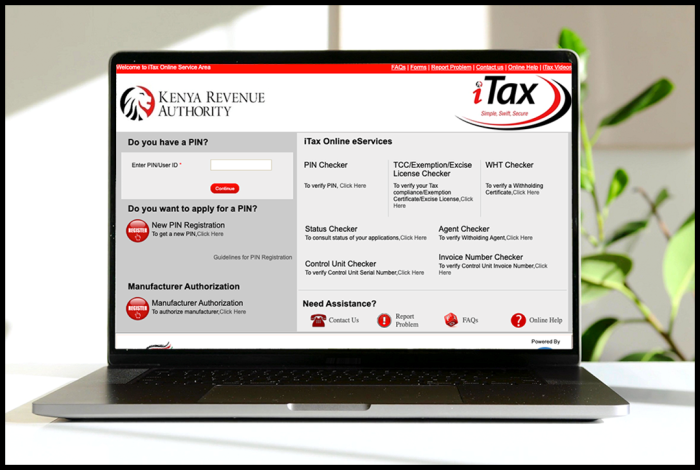
SUBMIT SERVICE REQUEST
KRA NIL RETURNS
Are you looking for KRA Nil Returns services in Kenya?
Submit your service request and let us handle everything for you.
Get your e-Return Acknowledgement Receipt via Email Address and WhatsApp in a few minutes.
KRA EMPLOYMENT RETURNS
Are you looking for KRA Employment Returns services in Kenya?
Submit your service request and let us handle everything for you.
Get your e-Return Acknowledgement Receipt via Email Address and WhatsApp in a few minutes.
KRA AMENDED RETURNS
Are you looking for KRA Amended Returns services in Kenya?
Submit your service request and let us handle everything for you.
Get your e-Return Acknowledgement Receipt via Email Address and WhatsApp in a few minutes.
KRA WITHHOLDING TAX RETURNS
Are you looking for KRA Withholding Tax Returns services in Kenya?
Submit your service request and let us handle everything for you.
Get your e-Return Acknowledgement Receipt via Email Address and WhatsApp in a few minutes.

